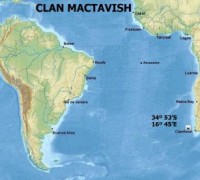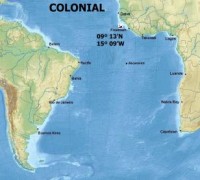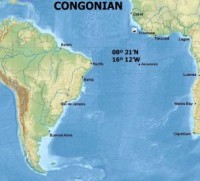SHIPS HIT BRITAIN 240 * - A B C
62)CLEMENT (ADM. GRAF SPEE)
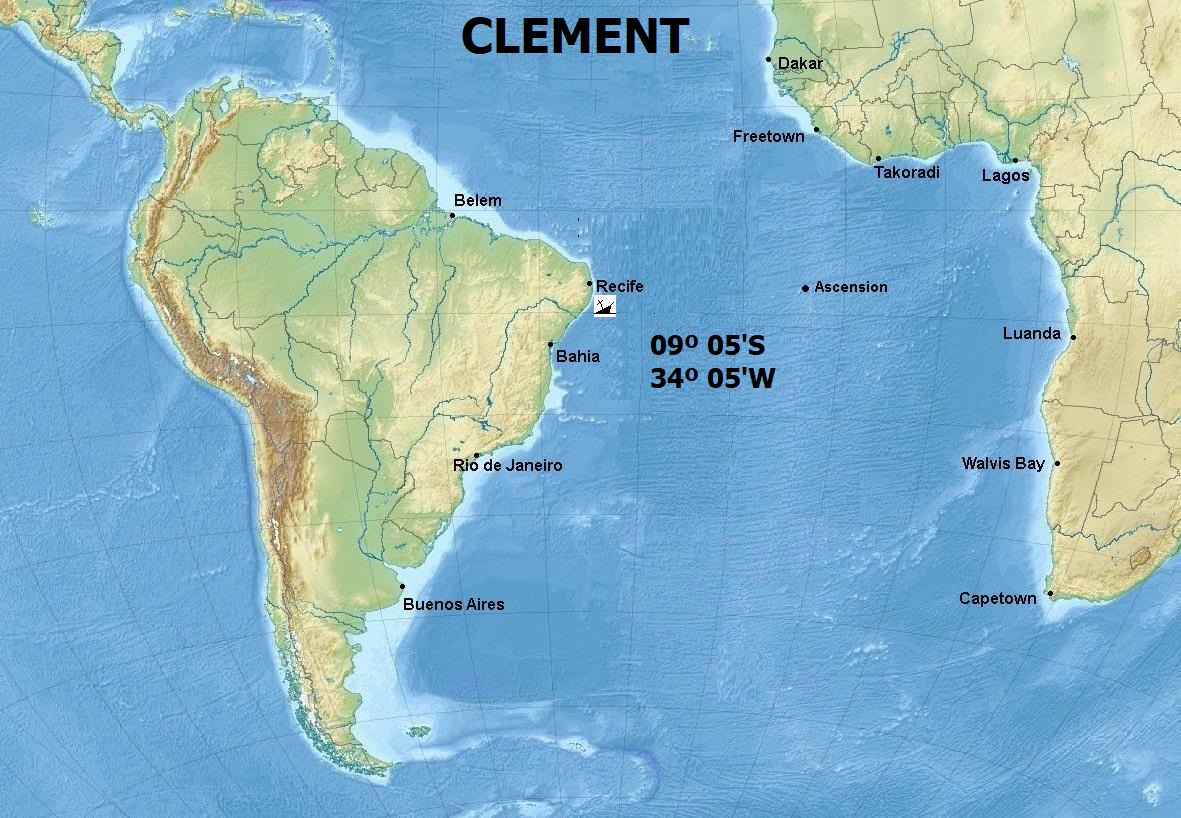
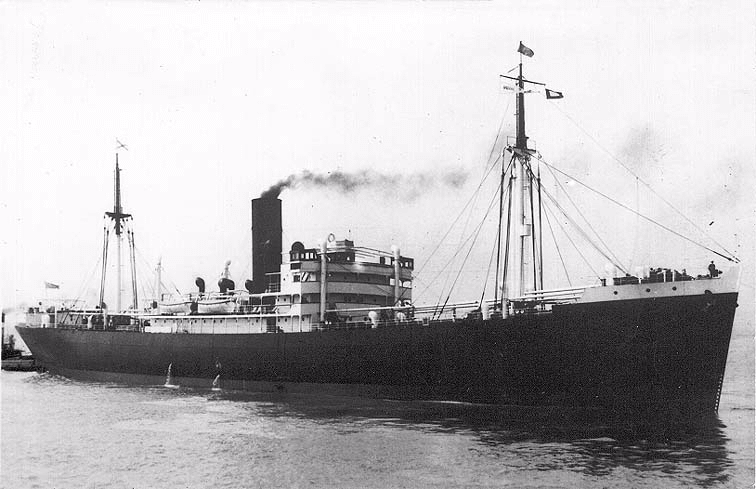
Photo. Fraser Darrah collection
Built: 1934
Tonnage: 5,051 / 7,870 tons
Cargo: 20.000 cases of Kerosene, Gasoline, Codfish, Tools and a small amount of Cotton
Route: New York - Salvador via Belem - Tutoia (state of Maranhão) Fortaleza - Natal and Recife
Sunk 30 Sep 39 by Adm. GRAF SPEE on pos. 09º 05'S 34º 05'W.
0 Dead
2 POW
47 Survivors
The war in the south Atlantic began in the real dimension on 30/Sep/1939 when the British merchant Clement was spotted and sunk by the German pocket battleship Graf Spee. Sinking took place 70 miles southeast of Recife, Pernambuco. The Graf Spee used one Arado aircraft to sweep the vast expanses of the sea in order to provide the precise position of her preys. Once spotted the Clement transmitted her position in distress signal and was strafed by the Arado.
These warning shots intimidated the crew and transmissions ceased. One crewmember of Clement was slightly injured and received medical treatment aboard Graf Spee. Captain Harris RNR and Chief Engineer Bryant boarded Graf Spee and were questioned. Clement had a total of 49 aboard and except the Captain and Chief engineer the 47 survivors were given directions to Pernambuco, Brazil. Later the 2 crewmembers of Clement were transferred to one Greek merchant that was stopped and searched by Graf Spee.
Four lifeboats were lowered and boarded by the remaining crewmen. The same day 16 men were fished out by the Brazilian steamer Itatinga, while the other 31 remaining survivors made ashore at Maceio some 90 miles of Pernambuco on 1st October. When the merchant Itatinga anchored at Recife, the news of one German armed Raider in action in the south Atlantic spread like wildfire.
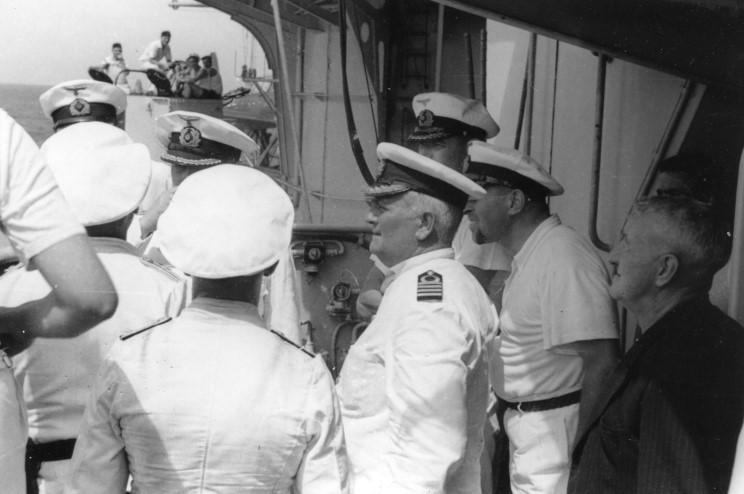
Captain F. C. P. Harris (center) of the Clement standing with German officers, including Kapitän zur See Hans Langsdorff and another of Clement's crew, watching their vessel sink. Picture by Michel Pocock www.maritimequest.com
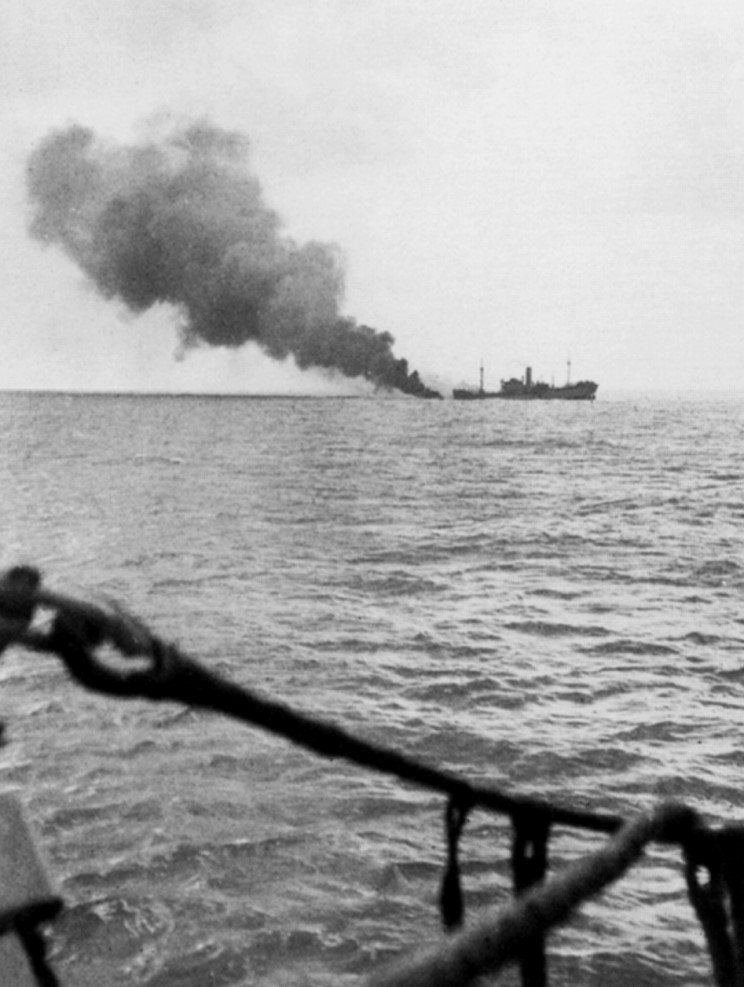
Clement being shelled by Graf Spee. Picture by Michael Pocock www.maritimequest.com
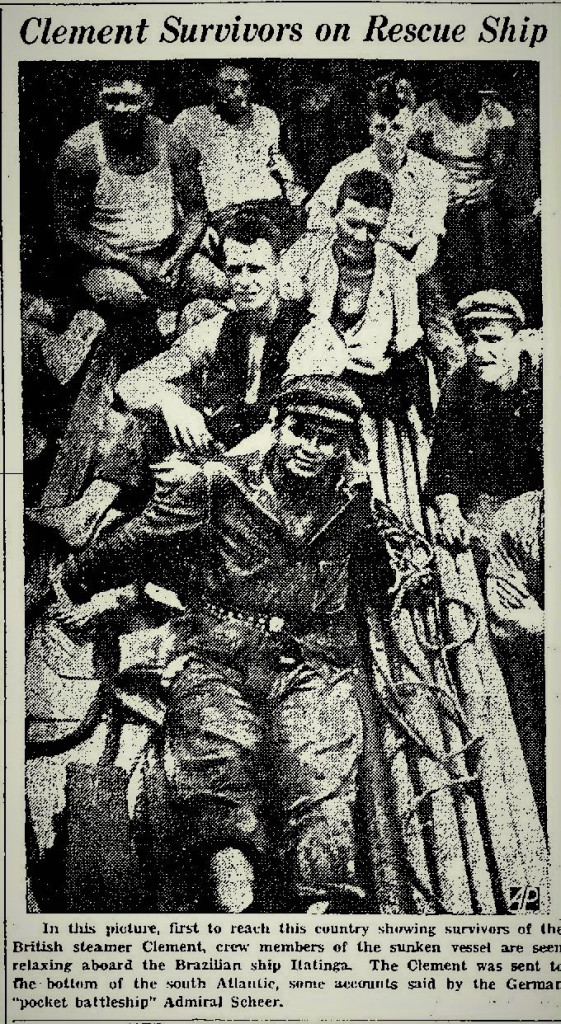
Photo Recife – TOK de HISTÓRIA (tokdehistoria.com.br)

